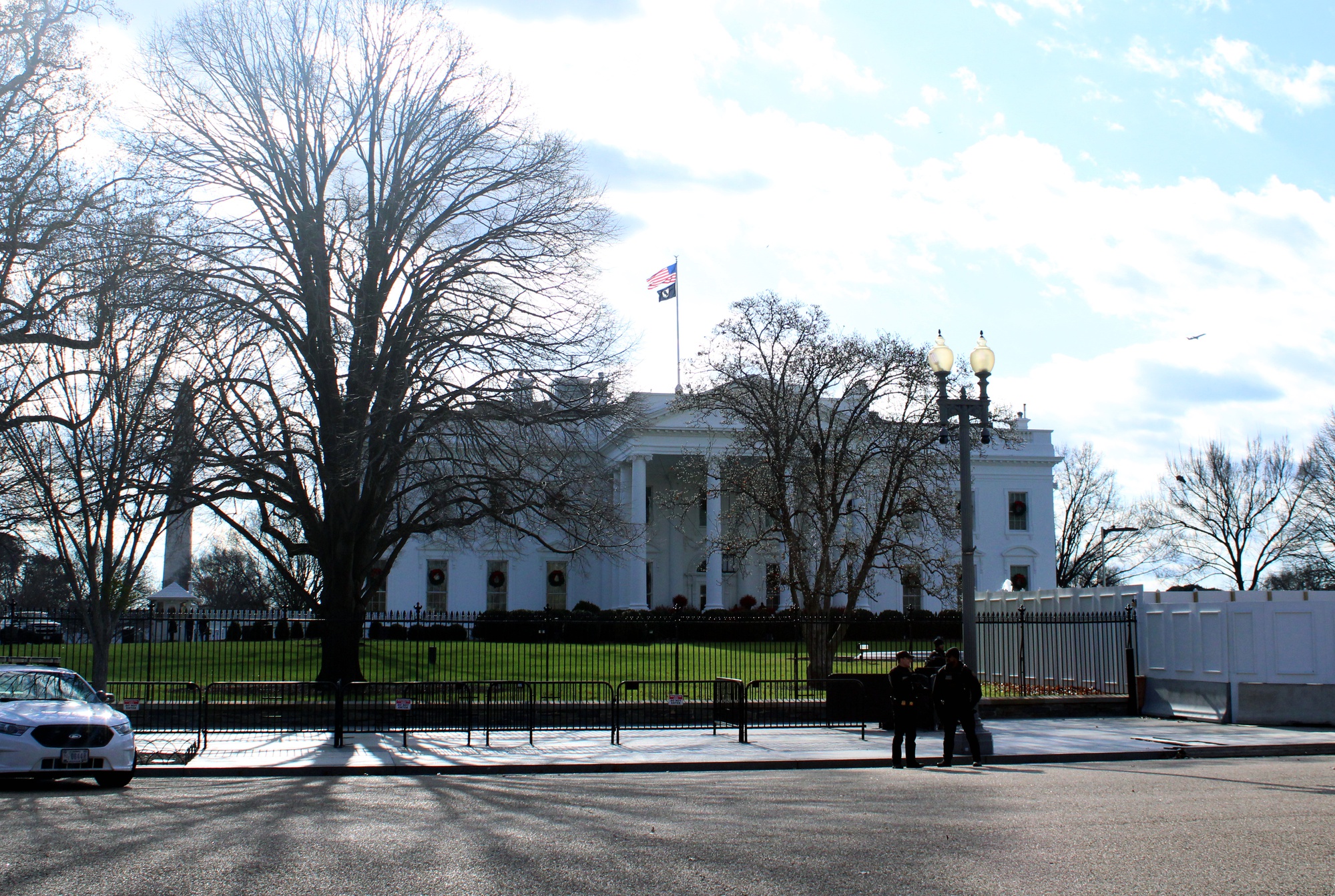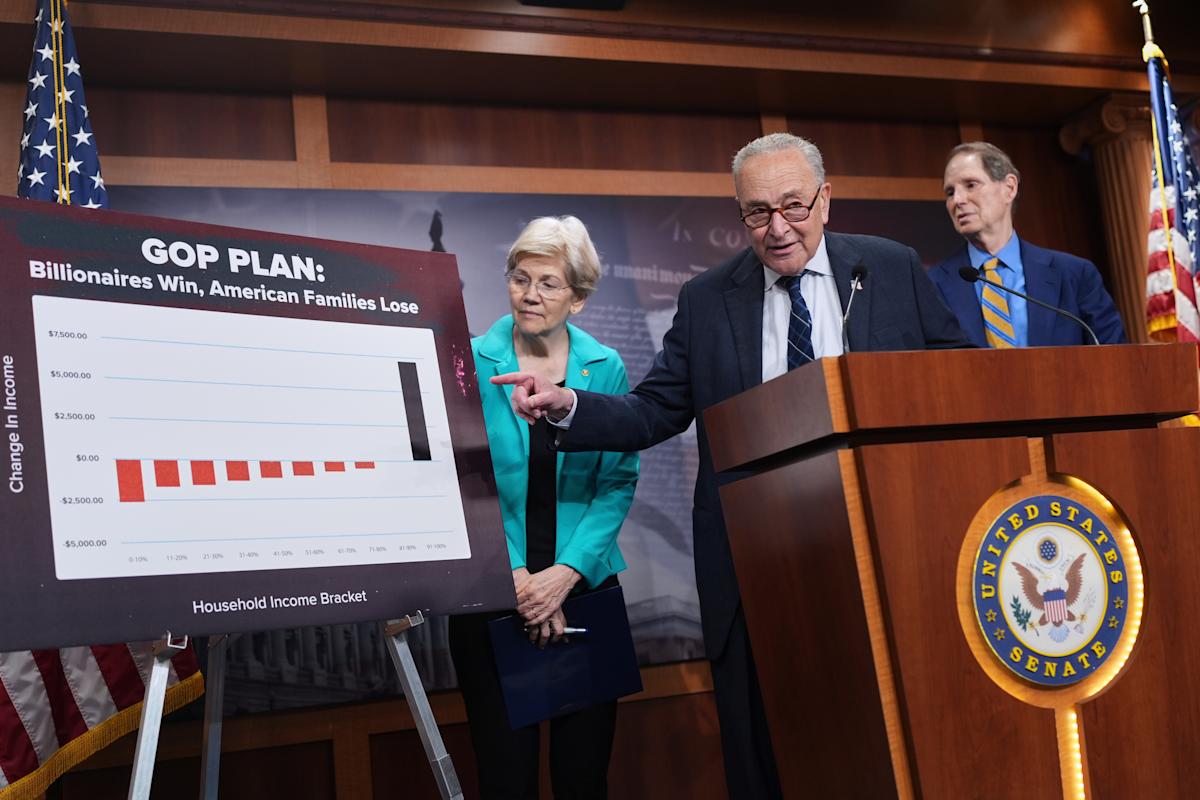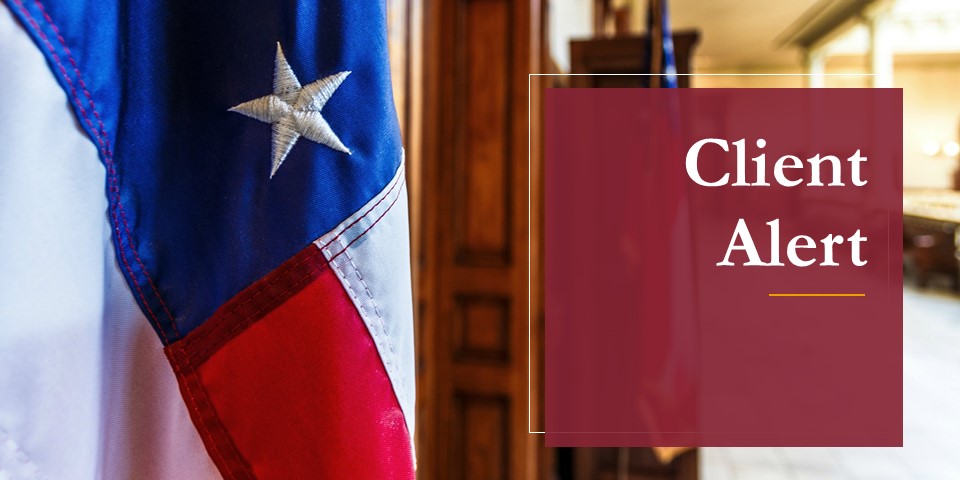
A group of 16 Republican-led states asked to file an amicus brief on Sunday in support of the Trump administration against Harvard’s lawsuit over its effort to strip billions of dollars of its federal funding.
The brief — led by Iowa and also signed by 15 other states’ attorneys general — disputed Harvard’s claim that the funding freezes were retaliatory and suggested that they were instead a reasonable punishment for permitting antisemitism on campus.
Harvard has argued that the halts to funding, which began with a $2.2 billion freeze hours after the University rejected a list of far-reaching federal demands in early April, are a punishment for protecting its First Amendment rights. The 16 states called Harvard’s defense an “outrageous” attempt to skirt its obligations under federal law.
“Harvard cannot inoculate itself from responsibility for its illegal discrimination by contending that the punishment is retaliatory,” the attorneys general wrote. “If the punishment is retaliation for violating federal antidiscrimination law, there is no First Amendment issue.”
The brief cited a 311-page report by Harvard’s Task Force to Combat Antisemitism, which found that many Israeli and Jewish students experienced an “alienating and hostile atmosphere.”
Released by the task force in Aprilthe report arrived only a week after Harvard sued the Trump administration. Since then, critics of Harvard have wielded the findings to suggest it enabled pervasive antisemitism, even as Harvard has said it is taking serious steps to address anti-Jewish and anti-Israeli bias.
In lawsuit documents, Harvard has argued that the federal government failed to consider the reforms it has already made, such as tighter limits on student protest and new non-discrimination and anti-bullying guidance that explicitly protects Jewish, Israeli, and Zionist students.
The University also contended that the Trump administration’s funding cuts were simply punitive, not a targeted measure to address antisemitism, writing that the government “has not identified — and cannot identify — any rational connection between antisemitism concerns” and the science grants it has slashed.
But the 16 states were unsympathetic to Harvard’s claims, saying the University’s measures had been ineffectual at best and that “the federal government need not continue to shower benefits on institutions that continue to practice illegal discrimination.”
The brief cited a 1983 Supreme Court case affirming the legality of penalties on Bob Jones University, the South Carolina Christian school that lost its tax-exempt status because it refused to permit interracial dating among its students.
The Bob Jones case has leaped into headlines in recent months — but as a reference point for Donald Trump’s threats to revoke Harvard’s tax-exempt statusnot its federal funding. Legal experts have generally agreed that the federal government would need to clear a high bar — proving that antisemitism was the official policy of Harvard — to strip its tax-exempt designation in line with the penalties on Bob Jones.
But the 16 states argued that the Bob Jones precedent could apply to Harvard’s federal grants and contracts, too, and said Harvard had continued to “reward those perpetuating the antisemitic smog choking its campus.”
The proposed amicus brief cited an October 2023 incident where Yoav Segev, a Jewish student at Harvard Business School, attempted to film attendees of a pro-Palestine protest on the HBS campus. Organizers blocked his camera with keffiyehs, and demonstrators shouted “shame” as he left.
Two graduate students were charged with assault and battery over the confrontation and required to complete community service as part of a pretrial diversion program. Citing a class marshal position and a fellowship conferred on the students before their graduation in May, the amicus brief stated that “Harvard has not punished those students.”
One of the students, Elom Tettey-Tamaklo, was removed from his position as a freshman dorm proctor shortly after the confrontation.
The 16 states also accused Harvard of engaging in retaliatory practices of its own. After a Harvard Law School student leaked more than 1,000 pages of internal records from the Harvard Law Review, the Law Review reprimanded him and urged him to stop distributing documents and destroy copies that he had leaked.
The Law Review operates independently from Harvard but uses a space and services on its campus. Facing pressure from the Justice Department, the Law Review ultimately dropped the reprimand.
“Here, a law student who saw what he believed to be discriminatory practices, at a University that recently was held by the U.S. Supreme Court to have systematically violated antidiscrimination law, alerted the authorities to the violation,” the states’ attorneys general wrote. “And Harvard Law Review’s response was to retaliate against the whistleblower.”
The Trump administration asked Harvard in April to audit its academic programs, screen international applicants for their beliefs, overhaul its governance, end the recognition of a list of pro-Palestine student groups, and hire faculty to promote “viewpoint diversity.”
When Harvard refused to comply with most of the demandsthe government swiftly followed its initial freeze with another $450 million cut and a moratorium on sending future federal funds to Harvard. The targeted funding cuts have put large swathes of scientific research at Harvard, already strained by agencies’ earlier purse-tightening, in limbo.
The ongoing lawsuit has drawn national attention and a long list of amicus curiae, with the University’s full-throated defense of its independence becoming a symbol of resistance to Trump. In early June, 20 mostly Democratic-led states filed an amicus brief supporting Harvard.
But now, as a Monday deadline to file amici briefs backing the government approaches, the terrain has shifted. On Friday, Trump boasted that he was in talks with Harvard — which is pursuing two lawsuits against his administration — about a settlement.
—Staff writer Shawn A. Boehmer can be reached at shawn.boehmer@thecrimson.com. Follow him on X @ShawnBoehmer.



